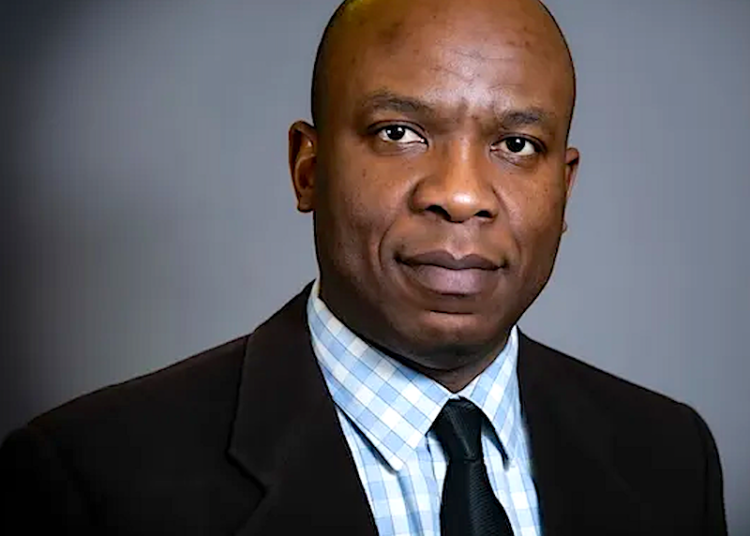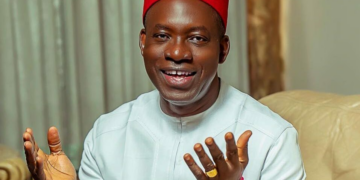Nigeria is home to over 500 languages and 250 ethnic groups, making it one of the most linguistically diverse countries in the world. Despite this richness, the country continues to struggle with poor literacy rates and weak educational outcomes. Many Nigerian children leave school without being able to read or write properly, limiting their future opportunities. A major reason for this is not just lack of funding or infrastructure, but the fact that children are taught in a language they do not speak at home.
English, Nigeria’s official language inherited from colonial rule, dominates the classroom, yet most children grow up speaking indigenous languages. This disconnect between the home and school environment creates a significant barrier to learning. Children often fail to understand what they are taught, and this slows down their progress. As a result, many become discouraged and drop out of school early.
A groundbreaking study by David Laitin and Rajesh Ramachandran examined language policies across 30 African countries. They found that teaching in colonial languages significantly reduces literacy rates. Children who are taught in their native languages are far more likely to become literate and retain reading skills. After five years, 67 percent of students taught in indigenous languages could read full sentences, compared to just 20 percent taught in colonial languages.
The study also found that countries with high linguistic diversity tend to retain colonial languages for fear of ethnic favouritism. While this may seem neutral on the surface, it creates deep inequality in educational access and outcomes. Using a foreign language excludes millions of children from meaningful learning. This pattern holds true in Nigeria, where English-only instruction begins too early.
Current policy allows indigenous languages in only the first three years of primary education. After that, English takes over, often before children have mastered basic literacy. This early switch hampers their ability to absorb lessons and perform well in class. Research shows that children learn best when taught in a language they understand.
When taught in their native language, children develop stronger cognitive skills and retain information better. They are also more confident and less likely to drop out of school. In contrast, instruction in an unfamiliar language causes confusion and frustration. This contributes to Nigeria’s crisis of over 20 million out-of-school children.
Keeping indigenous languages as the main language of instruction for longer would improve literacy and learning outcomes. It allows students to build strong reading skills before transitioning to English. This approach also supports students from disadvantaged communities who suffer most under the current system. Countries like Ethiopia and Eritrea have already demonstrated the benefits of this approach.
Promoting indigenous languages in education also helps preserve Nigeria’s rich cultural heritage. Language shapes identity and learning in one’s mother tongue strengthens that identity. It creates pride, belonging, and connection to the community. These benefits ripple into stronger social cohesion and national unity.
Improved literacy through native language instruction can boost economic growth in the long-term. A more literate population means a more productive workforce. It also reduces inequality and lifts more people out of poverty. Investing in language-based education is an investment in Nigeria’s inclusive development.
Admittedly, there are serious challenges to making this shift. Language and ethnicity are politically sensitive issues in Nigeria. Some may fear that promoting certain languages gives unfair advantage to particular groups. But a multilingual education system can respect diversity while uniting the country.
Another challenge is the lack of written systems, teaching materials, and trained educators in many indigenous languages. Developing these tools will require time, money, and political will. However, the long-term payoff would be transformative. It would empower millions of children with the tools to learn, grow, and succeed.
Nigeria’s future depends on how well it develops its human capital. Language policy is a critical part of that development. As research shows, colonial language instruction continues to hinder progress. Unlocking our children’s potential means unlocking the power of their own languages.
By valuing and investing in indigenous languages, Nigeria can improve learning outcomes and nurture a more inclusive society. Embracing multilingual education is not just about preserving culture – it’s about building a stronger, more united country. Every child deserves the chance to learn in the language they know best. The future of Nigeria lies in the voices we’ve too long ignored.
–Adebamiwa is the managing editor @ Newspot Nigeria





